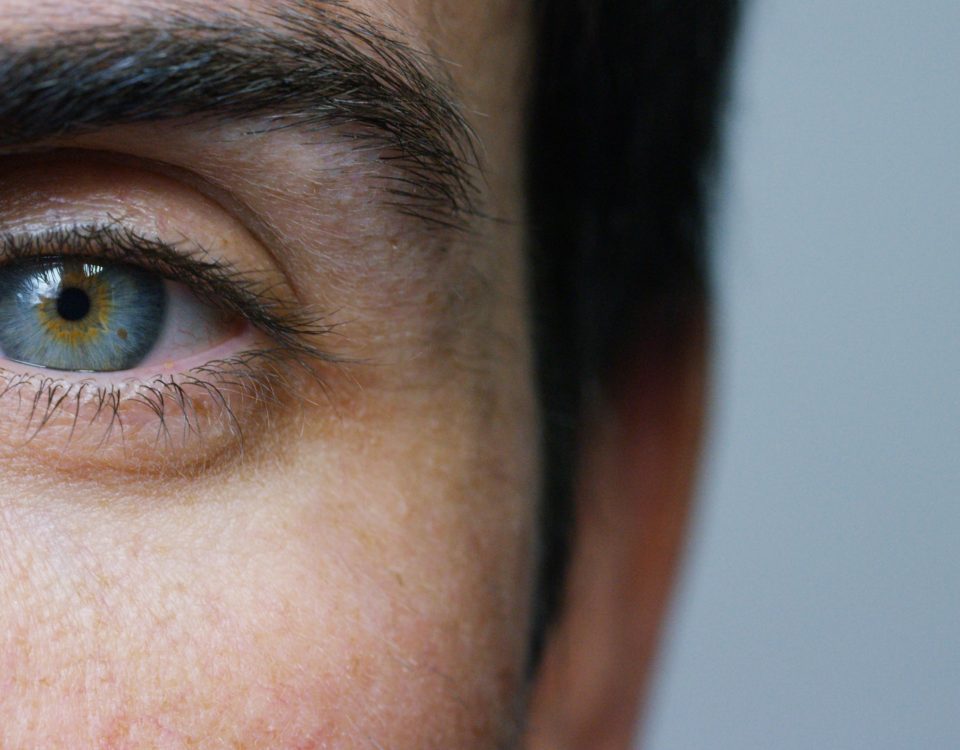Eye Color and Its Effects on Health

Meet Dr. Danica Yang O.D.
07/23/2020
3 Bad Habits for Eye Health and Vision
09/09/2020Many say that eyes are the window to the soul. But few realize that eye color is linked to your overall eye health. Whether you have ocean blue or earthy brown eyes, you should be informed about the impact that your eye color has on your eyes’ health!
Dark and light eyes
Eye color is determined by the amount of melanin present in the iris. The density of melanin affects what colors are reflected or absorbed by your eye. For example, someone with lower pigmentation in their iris will have a lighter eye color. Those with higher pigmentation have darker eye colors.
More health risks are present for those who lack pigmentation in their eyes. They are more prone to UV ray damage, which has been linked to eye conditions like cataracts and age-related macular degeneration. Since people with blue or grey eyes are more susceptible to UV-A and UV-B rays, protective eyewear is always essential. On the other hand, those with darker colored eyes may experience less discomfort in the sunlight. Their irises reflect less light within the eye. Although this provides some additional support against harmful UV rays, UV-protected sunglasses are still necessary. Prolonged exposure to UV rays is detrimental to people with all eye colors.
Heterochromia
Heterochromia is a variation of color in the iris. This rare coloring is when eyes are two different colors or when one eye has multiple colors. In most of these cases, heterochromia is a genetic mutation with no health implications. Famous examples include Mila Kunis and Kate Bosworth.

However, if you notice a significant change in the appearance of your eyes, this may be a sign of a health issue. Trauma from an injury or diseases, such as glaucoma and an eye tumor may be the source of this color change. For example, David Bowie acquired one permanently dilated eye after an injury, which gave him the appearance of heterochromia—one blue eye and one that was so dilated it appeared black. It is important to check in with your eye care provider if your eye color changes. This could be a sign of damaged or unhealthy eyes!
Book an appointment with us!
Although the color of your eyes is an interesting predictor of some health risks, annual, comprehensive eye examinations are necessary for healthy vision. Visiting your eye care professional annually and using UV-protected sunglasses at all times will serve to protect your eyes…no matter what color they are!




